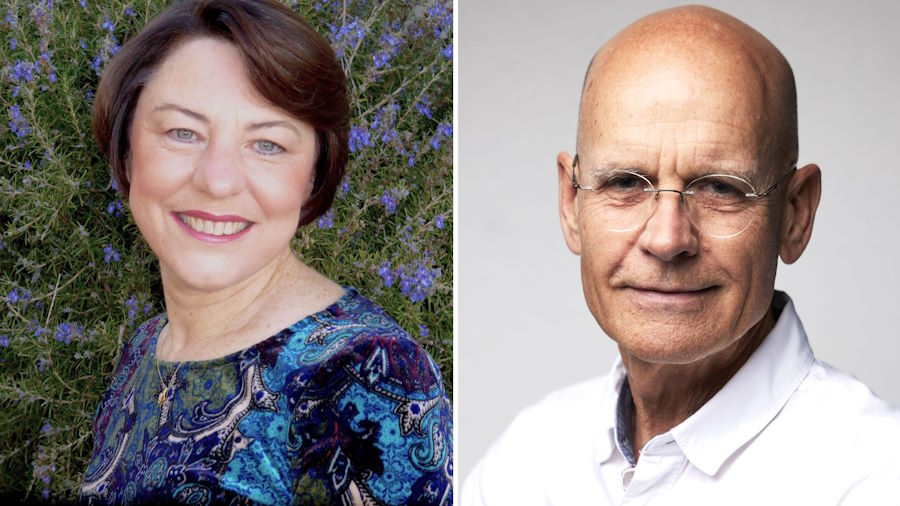Our researchers are working together to build educated, adaptive and inclusive regional communities
Two Charles Sturt research leaders acknowledged as among Australia’s best
Two leading Charles Sturt University researchers have been named in an annual celebration of Australian research excellence across 250 disciplines.
Professor of Speech and Language Acquisition Sharynne McLeod in the Charles Sturt School of Education and Professor Clive Hamilton, the Charles Sturt Vice-Chancellor’s Chair of Public Ethics, were named in The Australian newspaper’s special supplement Research 2024.
Professor McLeod was named Australia’s Research Field Leader for Audiology, Speech, and Language Pathology. Professor Hamilton was named one of 44 Living Legends under the Living Legends: Academics in the Spotlight category. These are the Australian academics, researchers, and scholars who dominate public discourse worldwide.
Read the full story on Charles Sturt News










